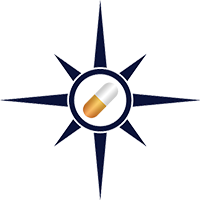



API Suppliers

US DMFs Filed
0

CEP/COS Certifications
0

JDMFs Filed
0
Other Certificates
0
Other Suppliers
0

USA (Orange Book)

Europe
0

Canada

Australia
0

South Africa
0
Uploaded Dossiers
0
U.S. Medicaid
0
Annual Reports
0
0
Impressions: 2254
https://www.pharmacompass.com/pipeline-prospector-blog/pipeline-prospector-nov-2023-lilly-novo-post-sharp-rise-in-q3-sales-abbvie-buys-immunogen-for-us-10-1-billion
Impressions: 1836
https://www.pharmacompass.com/pipeline-prospector-blog/biotech-indices-inch-up-post-svb-bloodbath-covid-drugmakers-report-drop-in-q1-sales
Impressions: 1806
https://www.pharmacompass.com/pipeline-prospector-blog/pipeline-prospector-feb-2023-low-demand-for-covid-drugs-hammers-down-lilly-moderna-stocks
Impressions: 1495
https://www.pharmacompass.com/pipeline-prospector-blog/pipeline-prospector-dec-2022-biotech-indices-fall-on-close-of-a-volatile-year


